Introduction
The Federal Reserve is hailed as the "mysterious night watchman of the global economy," yet recently it has been revealed that the Federal Reserve suffered a staggering loss of $200 billion, which has left the world in shock.
Every move made by the Federal Reserve affects the pulse of the global economy, so what is the purpose behind this latest action by the Federal Reserve?
The intent behind the Federal Reserve's monetary policy.
As is well-known, the Federal Reserve, as the central bank of the United States, its monetary policy is not only related to the development of the U.S. economy but also has a significant impact on the global economy.
After a pandemic that swept across the globe, economies worldwide have fallen into a state of depression.
In order to stimulate economic development, the Federal Reserve implemented an unconventional monetary policy.
The core of this policy is to reduce interest rates to near-zero levels to encourage businesses and individuals to invest and consume, thereby stimulating the economy.
There is a deeper purpose behind this move, which is to consolidate the position of the U.S. dollar.
As the world's largest economy, the United States' currency, the dollar, is also the world's primary reserve currency.The Federal Reserve's move is undoubtedly aimed at devaluing the dollar through interest rate cuts, thereby making the dollar more competitive in the international market.
However, this monetary policy of the Federal Reserve has brought about unintended consequences.
In the process of implementing this policy, the Federal Reserve not only failed to achieve the goal of stimulating the economy but also suffered significant losses.
According to the latest data, the Federal Reserve's losses during this policy period have exceeded 200 billion dollars, which is undoubtedly a huge "black hole."
For the Federal Reserve, this is undoubtedly a huge blow.
Because against the backdrop of economic depression, the Federal Reserve's policy was originally intended to stimulate economic recovery, but the result has completely deviated from the original intention.
So, what exactly caused the Federal Reserve to suffer such huge losses?
Firstly, global production and supply chains have been disrupted.
Due to the impact of the pandemic, the production capacity of various countries has been affected to some extent, which has led to some degree of disturbance in global production and supply chains.
This is undoubtedly a huge challenge for the Federal Reserve.Secondly, geopolitical tensions have also exacerbated the difficulties faced by the Federal Reserve.
As the international situation continues to evolve, the relationships between countries have become increasingly delicate. This tense situation not only increases the uncertainty in the global market but also puts immense pressure on the Federal Reserve's decision-making.
Lastly, changes in global demand have also impacted the Federal Reserve's policies. As the economy recovers, the demand from various countries also warms up. However, due to the disruption of global production and supply chains to some extent, there is a shortage of goods in the global market. This shortage has accelerated inflation, ultimately leading to a significant failure of the Federal Reserve's policies.
Excess liquidity = inflation.
In economics, liquidity refers to the ability of a currency or asset to be quickly converted into cash. In the case of excess liquidity, there is a large amount of cash or money in the market, and this liquidity often triggers various economic phenomena, including inflation.Inflation refers to the decline in the purchasing power of money, leading to a general increase in the prices of goods and services.
When there is an excess of cash in the market, people have more money to spend and invest, which in turn leads to a surge in the demand for goods and services.
In the supply and demand relationship, when demand exceeds supply, prices will rise, which is the manifestation of inflation.
As the excess liquidity intensifies, people have more and more money in their hands, and naturally they are more willing to consume, and the demand for various goods will also increase accordingly.
The manufacturers who produce these goods, in order to meet the growing demand, will increase their production efforts, leading to an increase in the supply of goods.
However, the increase in production also means that manufacturers need to invest more resources, including labor and raw materials, and the increase in these inputs will lead to an increase in the production costs of goods.
As a result, in order to earn more profits, manufacturers will pass on these costs to consumers, leading to a general increase in the prices of goods and services.
This is the reason why excess liquidity accelerates inflation.
Inflation not only erodes consumers' purchasing power but also has a certain negative impact on economic development.
Firstly, when inflation accelerates, consumers' wallets become thinner and thinner, purchasing power decreases, leading to a decline in living standards.Secondly, inflation can also make the foundation of economic growth unstable.
In an environment of high inflation, it is difficult for businesses to estimate future costs and profits, which affects investment decisions and subsequently leads to a slowdown in economic growth.
Dollar depreciation = capital outflow.
The US dollar is one of the world's main reserve currencies, and when the dollar depreciates, it means that the value of other currencies is higher compared to the dollar, leading to foreign capital starting to flow out of the US market.
So, what causes the dollar to depreciate?
Firstly, it is due to the weakness of the US economy.
When the US economy is in a downturn, foreign capital often chooses to invest funds into other countries' markets in search of higher returns.
Secondly, the monetary policy adopted by the United States also affects the value of the dollar.
For example, in the current economic environment, due to the exacerbation of excess liquidity, inflation accelerates, and the Federal Reserve may decide to raise interest rates to reduce liquidity in the market.
However, raising interest rates often leads to dollar depreciation because when interest rates rise, the return on foreign capital also increases accordingly.Therefore, in the global market, foreign capital will be more willing to invest funds into the U.S. market, leading to an increase in the value of the U.S. dollar.
On the other hand, if the Federal Reserve continues to adopt a monetary easing policy, the situation of excess liquidity will become more severe, which can also lead to the devaluation of the U.S. dollar.
However, the impact of the devaluation of the U.S. dollar does not stop there; it can also lead to the formation of market bubbles.
The devaluation of the U.S. dollar reduces the attractiveness of U.S. dollar assets to foreign capital, thereby exacerbating the bubbles in the U.S. stock market and real estate market.
When the market bubbles burst, it will have a severe impact on the U.S. economy.
Thus, the Federal Reserve faces a dilemma: if it continues to adopt a monetary easing policy, it may lead to the formation of market bubbles; whereas tightening policy could lead to the outbreak of debt crises in emerging markets.
Acknowledge the message.
The Federal Reserve's recent announcement has led people to ponder what exactly caused its huge losses.
The Federal Reserve stated that the losses were mainly due to a significant decrease in the value of the Treasury bonds and various securities it holds.
However, this explanation does not fully quell the doubts from the outside world.Speculations are rife about whether the Federal Reserve has not taken into account market changes when implementing monetary policy, leading to this enormous loss.
This has also sparked concerns about the future trajectory of the U.S. economy.
Because once the Federal Reserve adopts a tightening policy, it could lead to the outbreak of a debt crisis in emerging markets.
As soon as this news spread, it immediately caused turmoil in the global market.
With the depreciation of the U.S. dollar, foreign capital began to flow out of the United States in large amounts, and investment in emerging market countries was also greatly affected.
This is undoubtedly a huge blow for some countries that rely on foreign capital, their economies are severely affected, and they may even face a debt crisis.
Therefore, the current loss situation of the Federal Reserve is very worrying.
Given that the Federal Reserve, as the central bank of the United States, can have a significant impact on the U.S. and even the global economy with every word and deed, the Federal Reserve must properly handle the current economic situation to avoid bringing greater shocks and impacts to the U.S. and global economies.
Conclusion
The "loss" behind the Federal Reserve this time hides a great economic risk, and the future response strategy of the Federal Reserve will directly affect the global economy.For emerging economies, they should also learn lessons from this to ensure that their national economies are more stable amidst global economic fluctuations.
The Federal Reserve's "loss" this time also demonstrates the risks and costs of "harvesting the world" and makes us more deeply aware of the complexity of the interconnection of the global economy.

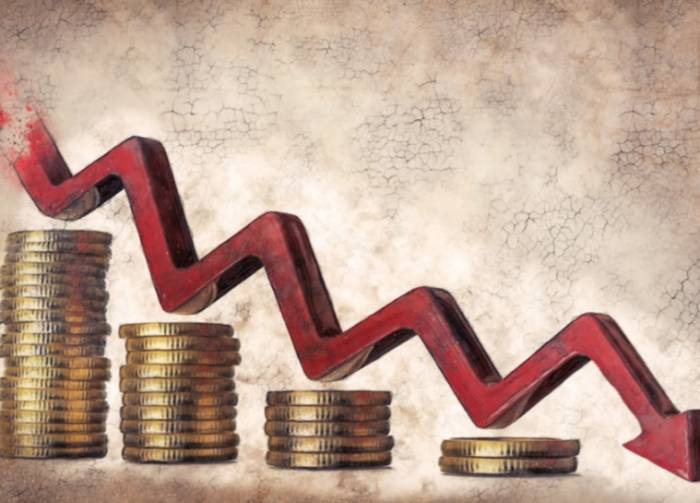
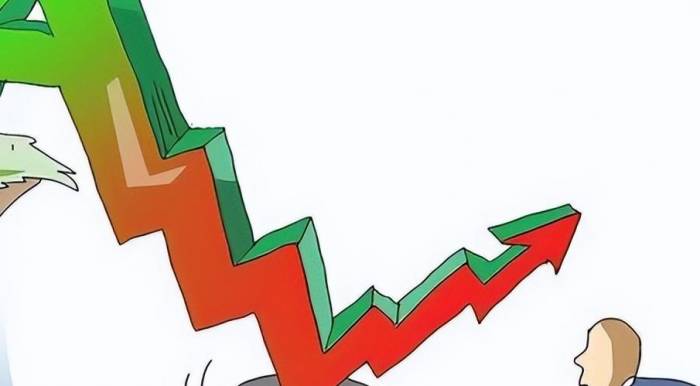

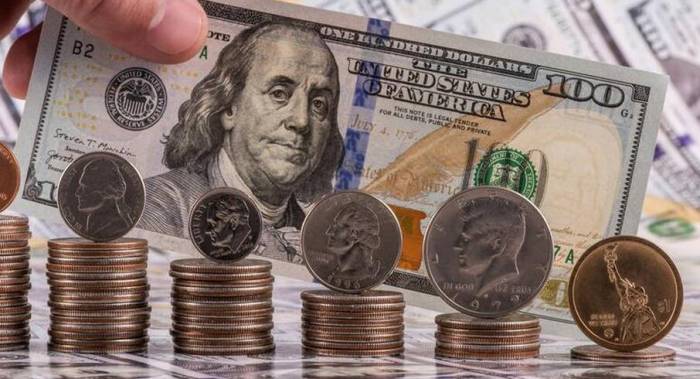
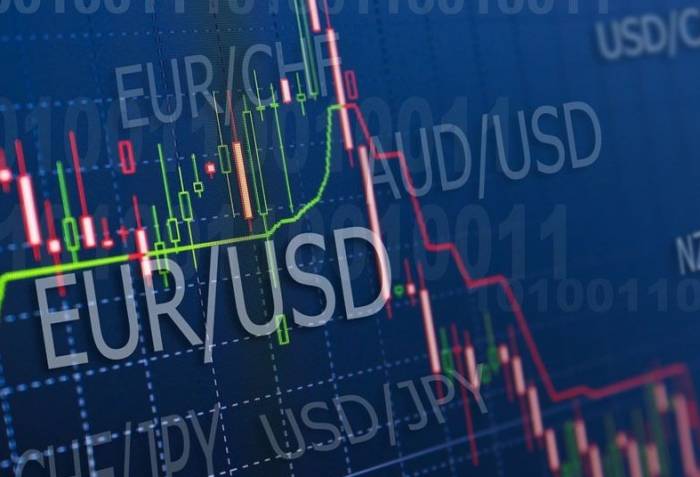


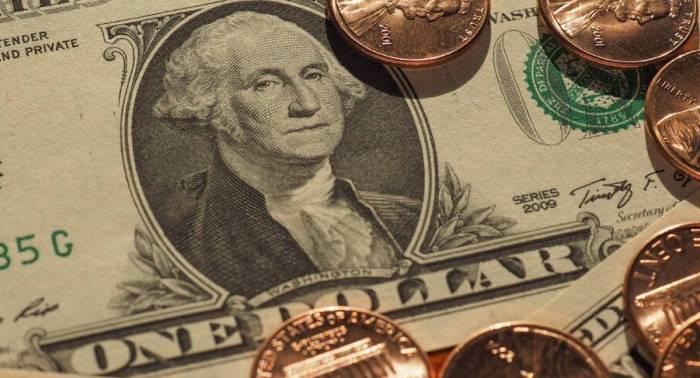


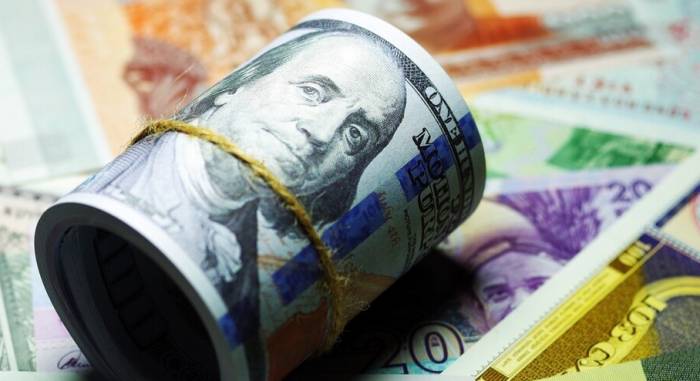

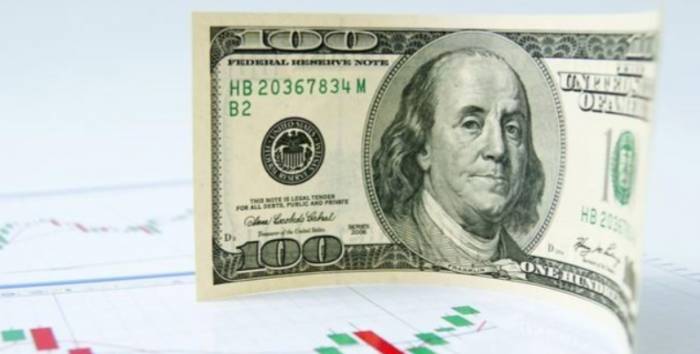



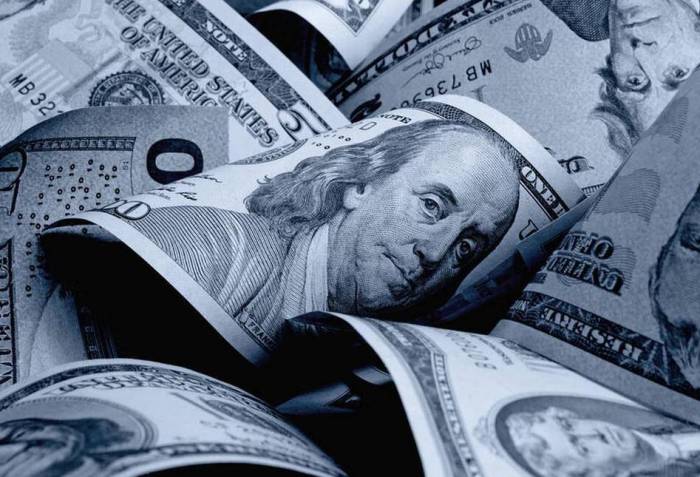







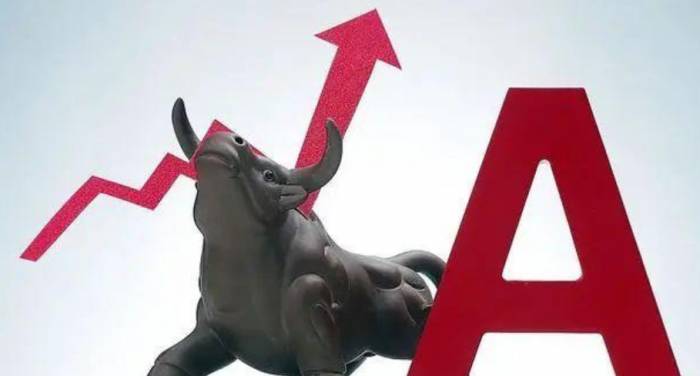




Comments
Join the discussion